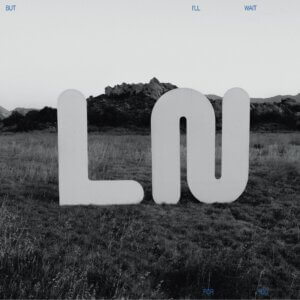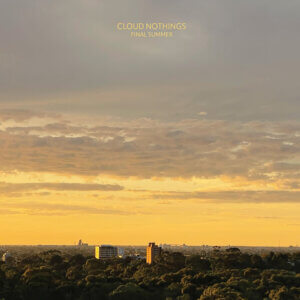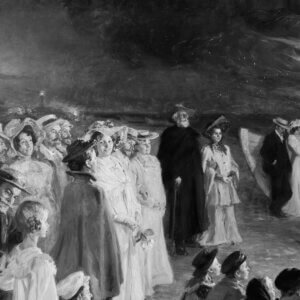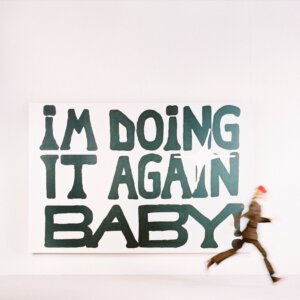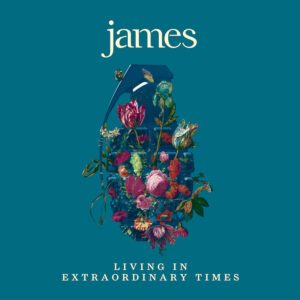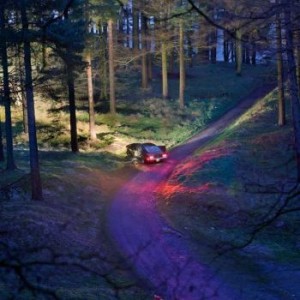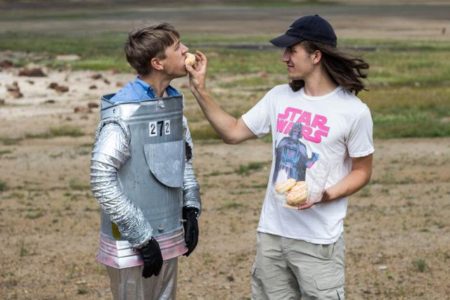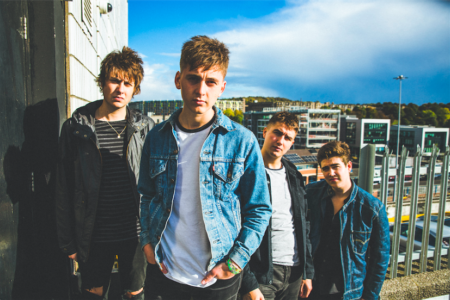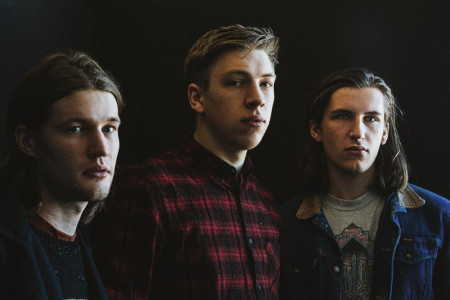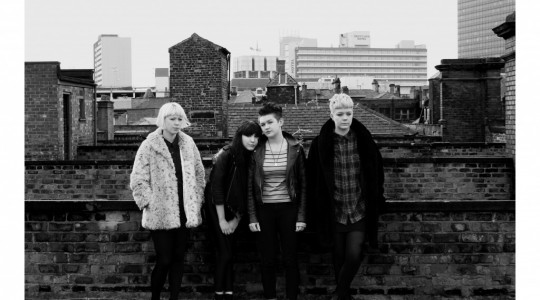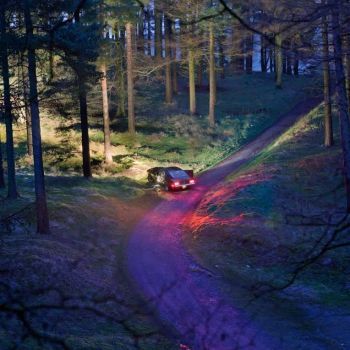
9
Undertow
Drenge
If you listened closely to Drenge’s first album, you would have noticed, floating here and there on the tidal wave of energy that burst out of each song, a moment or two of subtle craft. A drop of wordplay, a gap of silence that added more weight to what came next, a neat turn or twist in the direction that felt unexpected and new. With the second album, Undertow, all of the latent exploratory finesse which made them stand out now becomes the bread and butter of the music. This album is the Drenge boys at play and at work sculpting out their own sound, mapping out their own territory, even if this album moves them closer to their indie compatriots like Ty Segall or Hookworms or the perennial Arctic Monkeys, the opposite of the Aerosmith rock morning breath of a band like Royal Blood. Perhaps it’s something in the Sheffield water or attitude that makes it natural to create songs that offer up a little slice of unseen life, a line leading directly back to Jarvis Cocker and Pulp, a sort of natural confusion with life that turns to exploration and revelation. Every song on Undertow blasts through, all different, each one another twist in the tale.
What Drenge are very good at is creating anticipation and tension. The introduction throws down the gauntlet. This is not just a repeat of album one. Yet you could divide the album into two parts – the first half, or side, is closer to the barely controlled energy and rough charm that characterized their earlier songs. Yet already in the stop start rhythms of Never Awake it’s clear that the technique has improved, that what they are reaching for is beyond the parameters of the first album. The poppy punk of We Can Do What We Want moves into the brilliance of Favourite Son. Suddenly there’s the sense that the music is expanding, the mix of rhythms hanging on Eoin’s distorted vocal, “if you’ve only got one, then you’ve only got one” his throwaway sarcasm now supported by subtle changes in tone and energy. Side by Side could be the first song on the second side, drums and guitar and bass working together for a layered sound. And it’s in the layering that the album really comes into its own.
Some of the best tracks close out the album. Standing in the Cold, a moody powerhouse of emotion in the live show, is stripped bare on the album, the vocals raw, the same storytelling side balancing out the strata of rhythm and guitars and drums. Have You Forgotten My Name is the brilliant screaming end piece, the piercing guitars in their nearly psychedelic swirl, shoegaze on speed, Rory’s drumming smacking you into consciousness.
All the moods that were there in the first album simmering under the surface of uncontainable energy have now been exposed and set free. The seemingly effortless piecing together of parts that move together and apart across the songs is so carefully done that an entirely new energy is forged, one that is built by tapping along the fault lines of every possible seismic pulse point, producing carefully targeted little earthquakes that rip the tunes from their moorings and hurl them out.
The tight connection between the brothers Loveless – Eoin and Rory – has been expanded by the addition of longtime friend and inspiration Rob Graham on bass. While those reluctant to witness change might be briefly unhappy at duo becoming trio, there is no question that it’s a move that has freed up both brothers, Eoin particularly, to develop and expand what they are capable of. There is a slight impression that Eoin and Rory want somewhat different things but if that’s so, the clash of competing desires makes it even better. It’s not a happy album. Why there’s ever struggle is anyone’s guess. But the resulting insistence on being heard is darkly exciting.
Alice Severin
Latest Reviews
Tracks
Related Albums
Related News
Advertisement
Looking for something new to listen to?
Sign up to our all-new newsletter for top-notch reviews, news, videos and playlists.

